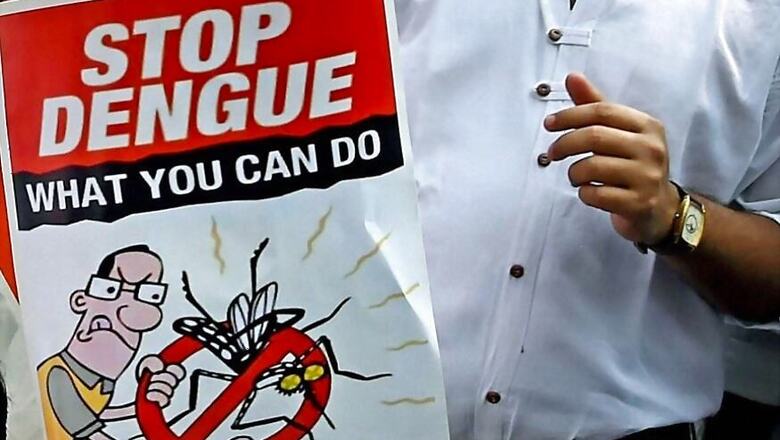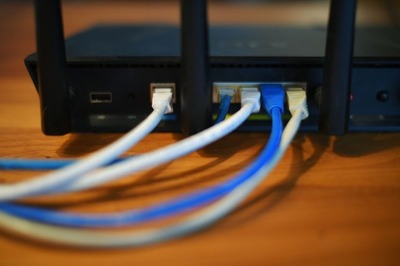
views
Dengue has wreaked havoc in the southern states of Telangana, Andhra Pradesh, Karnataka and Tamil Nadu. With the Chennai-to-Coimbatore belt being the focal point, the Health Department has stepped up surveillance and preventive measures. It has deputed senior officials as nodal officers.
Health officials said that the number of dengue cases has crossed 2,000 so far this year, The Hindu reported. “The incidence is the same as it was last year. But there should be no further increase in the case load. So, we have intensified efforts across the State,” a health official said.
“This year, dengue cases are being reported from districts bordering Karnataka and Andhra Pradesh. This involves the Chennai to Coimbatore region,” the report quoted Director of Public Health and Preventive Medicine K. Kolandaswamy, who had said in 2017 that the problematic areas were districts bordering Kerala.
He added that the Health Department has deputed senior health officials and IAS officers to places/districts where a greater number of dengue cases were reported. Officials were appointed as nodal officers for the Chennai Corporation, Vellore, Tiruvallur, Kancheepuram, Chengalpet, Cuddalore, Dharmapuri, Salem and Krishnagiri.
“All district collectors are taking intensive measures for dengue prevention and control. We are ensuring that our staff is on the field before 7 a.m., before people leave for offices. We want to achieve maximum coverage for house visits during this time,” he added. Simultaneously, cleaning and fogging of premises of schools before they reopen are being done.
“We have issued an advisory to hospitals to monitor patients three days after fever subsides — afebrile period — as this is the time when complications arise in dengue,” he said. As per the advisory, hospitals have been told not to discharge patients within 72 hours of fever-free period. They can discharge patients three days after fever subsides, appetite returns, urine output is normal and when the child is active.
















Comments
0 comment